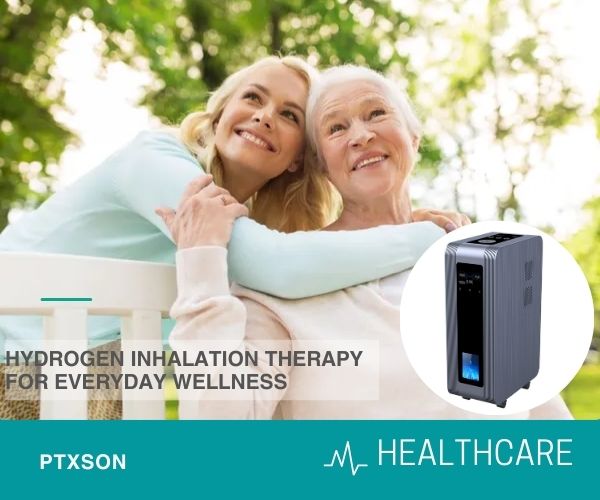Hydrogen inhalation therapy came on in the last couple of years in an underground way as the next big thing in the health world. With its capacity to soothe oxidative stress, boost energy, and essentially on the board line up benefits general health, this low-maintenance but intriguing therapy is on the rise with biohackers, health enthusiasts, and even physicians. So what is hydrogen inhalation therapy and better still, is it worth undertaking?
Hydrogen inhalation therapy is inhaling molecular hydrogen gas (H2) in usual fashion with an inhaler or spa. Inhaling is akin to ingesting water that is high in hydrogen internally in that it puts it into the bloodstream directly at a high speed-delivery system for possible medicinal impact.
Molecular hydrogen is anti-oxidant and anti-inflammatory. Molecular hydrogen is being taken up while molecular hydrogen is administered as gaseous inhalation, i.e., selective anti-oxidant directly acting on pathologic pathogenic free radicals of the body and will not inhibit the good oxidative process. Molecular hydrogen is implicated in cell signaling and mitohormesis via activation of mitochondria, optimal utilization potential in cellular well-being and energy production.
Some people and many patients feel that hydrogen inhalation treatment is able to:
All of these aspects are still studied in the scientific world, while testimonial results among users in wellness forums only continue to develop.

The clinical trials of hydrogen inhalation therapy are still in the process of development, but some promising results have been observed in the initial studies. Hydrogen gas has been investigated for its neuroprotective properties in stroke patients, reversibility of chemotherapy-induced hearing loss, and recovery after cardiac arrest. A lot of it however has been in the preliminary stage, though, with large randomized trials having to be conducted before these findings can be confirmed for generalized wellness use.
Hydrogen is a natural gas, nonpoisonous, and at therapeutic concentrations (generally below 4% in air), not poisonous. There have been no reported toxic side effects from inhalation experiments using hydrogen, and even the American FDA has judged hydrogen gas to be “Generally Recognized As Safe” (GRAS) for oral administration. Yet chronic patients or respiratory patients must go slow with any new therapy and first consult a medical physician.
Equipment for inhaling hydrogen ranges from small portable hand-held machines to large equipment in health clinics.They are typically nasal cannulas or masks that deliver continuous low flows of hydrogen gas. Sessions may be anywhere from 30 minutes to an hour, depending on individual need and desire.
Hydrogen therapy is now available in some spas and wellness clubs as add-on rejuvenation or detoxifying packages. Alternatively, for clients who prefer to do it themselves at home, purchasing a certified hydrogen inhaler will make the treatment affordable and normal.
User feedback constantly cites increased mental clarity, less fatigue, and better sleep habits after incorporating hydrogen inhalation into their routine. Some report enhancements in complexion, and overall feeling of energy. Anecdotal and not scientifically confirmed in the majority of instances, the feedback still gives grist to enthusiasm for hydrogen as a path to overall wellness.
If you want to try a non-invasive, holistic way of bringing up your general wellness level, hydrogen inhalation therapy can be something to research. As with more study to be done, its safety history and good preliminary studies, coupled with being a good candidate, it is certainly something to research. As with anything, visit a health care practitioner first and determine if it may be in your best interests to try to pursue it as a path for achieving your aims toward wellness.
In an age of health trends, hydrogen inhalation shines for its sophistication, scientific cachet, and ability to heal the body inside out. It may be the clean air your wellness program is looking for.